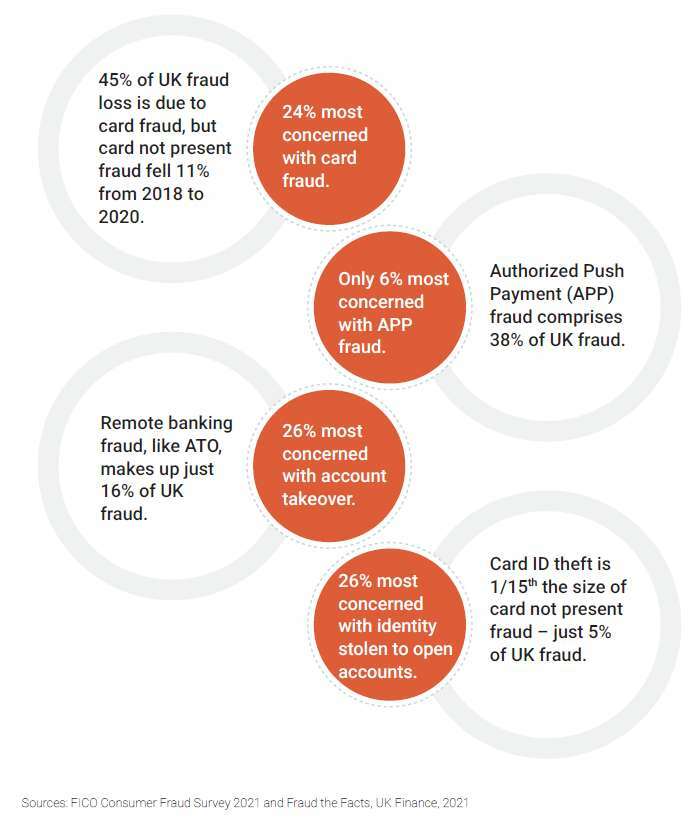
Matt Cox, Vice President and General Manager, EMEA, FICO looks at the latest survey from the global analytics software company
Our research shows the fine balancing act banks face to protect consumers’ funds and keep them engaged with the security checks that take place along the customer journey. It does not take much disruption for consumers to switch providers, with 35 percent saying they would do so if a legitimate online transaction was blocked three or four times.
UK consumers flagged several irritations with banking security measures, the most common is being cycled through different forms of authentication, with 21 percent stating this as a concern. Consumers are also irritated when their cards are blocked for legitimate purchases (19 percent); when they never receive messages about fraud and have to call the bank to resolve an issue (7 percent); or when their time is wasted by delayed fraud messages (8 percent).
To mitigate any losses on either side, banks must ensure their fraud systems do a better job at spotting false positives, so they don’t delay a legitimate consumer’s purchase. Consumers expect instant results when purchasing and safety measures must be streamlined, direct, and effective.
Overconfidence about scams
Other common concerns highlighted in the consumer research were cases when fraudsters would steal identities to open a financial account and when fraudsters use stolen personal information to take control of consumers’ accounts. Both cases were selected by 26 percent of respondents as their top fraud concern.
Consumers were not as worried about being tricked into sending payments to fraudsters, also known as authorized push payments fraud. Only 6 percent selected this as their principal fraud concern, which reveals a need for education on the subject, as £355.3 million was lost to these scams in the first half of 2021.
The confidence consumers have in their own ability to spot and avoid real time payment scams is misplaced. While it is good to learn that they are aware of these cases of fraud, the level of criminal sophistication does not appear to be appreciated.
This presents a tricky hurdle for banks. Do they simply push more educational messages and security measures onto their customers? Our survey reveals this may not be the best approach.
Findings from the FICO Digital Banking and Fraud Survey:
Confidence in Fraud Protection
∙ 73 percent said their bank does enough to protect the money in their accounts. The figure was slightly lower (69 percent) for people aged 18 to 24.
∙ One in four people surveyed think there are not enough security checks when they make a payment online using a credit or debit card.
∙ People aged 25 to 34 were the most likely to say more checks are needed (32 percent).
∙ One in three stated there are not enough security checks for card payments in-store,
∙ The youngest respondents (aged 18 to 24) were the most concerned, with 43 percent saying there aren’t enough checks, compared with just 32 percent for people aged 55 or older.
More information:
∙ Digital Consumer Banking and Fraud Survey – Global Results
∙ Digital Consumer Banking and Fraud Survey – UK Results Ebook
FICO surveyed 1,000 UK consumers aged 18 to 85 as part of a global survey in late 2021. The survey also included consumers in Brazil, Canada, Chile, Colombia, Germany, India, Indonesia, Mexico, South Africa, Thailand, and the USA.



